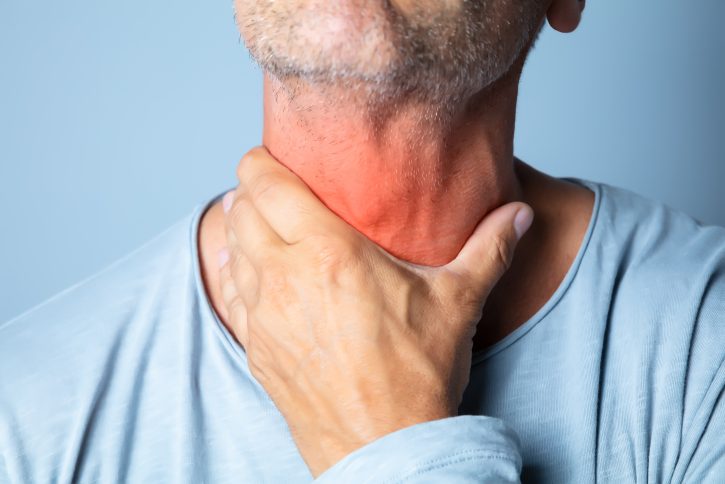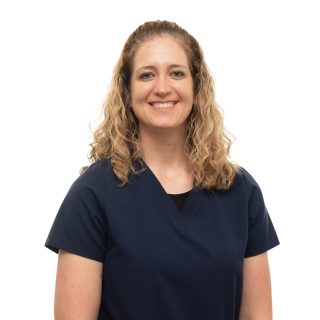
with Heather Luttrell, RN, BSN
Fairfield Medical Heartburn Center
740-689-6486
The Fairfield Medical Heartburn Center is now offering EsoGuard, an in-office DNA test that detects abnormal esophageal cells, including Barrett’s esophagus, dysplasia and esophageal cancer. This resource is an excellent screening tool for individuals who have a history of mild heartburn, GERD, or other esophageal cancer risk factors. In some cases, individuals who are hesitant to pursue an upper endoscopy may use EsoGuard as the first step in early detection of abnormal changes related to acid reflux.
The EsoGuard test, which follows the American College of Gastroenterology Guidelines for Barrett’s detection, is a quick, outpatient procedure. The painless procedure involves the use of an EsoCheck capsule, which is connected to a syringe and swallowed by the patient to collect cells in the esophagus and then gently removed by a the healthcare.
Once swallowed, the secured capsule is briefly inflated to expose textured ridges, which collect cells from the lower esophagus, then deflated to protect the collected cells as the device is gently pulled back up. Following the procedure, the DNA is evaluated using the EsoGuard advanced molecular diagnostic test. Results are lab verified and typically returned in 2-3 weeks. In clinical testing, most patients found the EsoCheck capsule to be easy to swallow and would recommend the procedure to others.
Heartburn Center Coordinator Heather Luttrell, RN, BSN, said a traditional EGD, or upper endoscopy, is still the gold standard and preferred for patients who have already been diagnosed with GERD and/or Barrett’s esophagus. However, for patients who are at higher-risk for esophageal cancer and may or may not experience heartburn occasionally, EsoGuard is a good screening tool to check for abnormal cells. A “positive” EsoGuard test result indicates abnormal cells, which should then be investigated with an EGD and biopsies.
Who is at risk for esophageal cancer?
While esophageal cancer can affect anyone, several risk factors could make you more likely to develop the disease. In reviewing the list below, please note each criteria increases the risk for esophageal malignancy:
- Male
- White
- Over age 50
- Tobacco use
- Alcohol use
- Obesity
- Heartburn
- First-degree relative diagnosed with Barrett’s esophagus or esophageal adenocarcinoma
How many of the above applied to you? If the answer is one or more, consider contact the Fairfield Medical Heartburn Center at 740-689-6486.
Struggling with persistent heartburn? Interested in learning about alternative treatment options, lifestyle modifications or esophageal cancer risk reduction? Ask Heather about a FREE consultation today!
